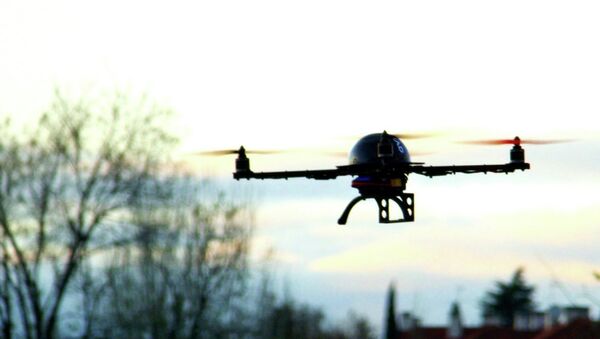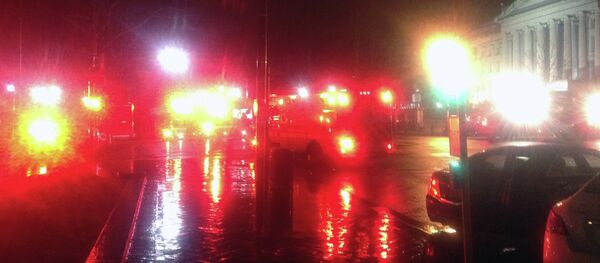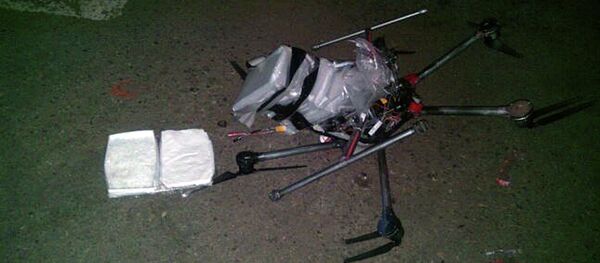According to Bryan P. Stirling, the director of the South Carolina Department of Corrections, the drone’s operators planned to smuggle small amounts of contraband into the prison during repeated trips.
Last week, a man allegedly involved in the operation was arrested in Tennessee. The first arrest made in the case occurred when investigators discovered a receipt from a convenience store at the campground where the smugglers were hiding. The store’s surveillance cameras revealed the drone operators, according to police.
In recent years, some criminals have used drones as a new-age alternative to getting drugs into prisons by hiding it in incoming laundry or by placing it in packages disguised as rocks, which are thrown over fences surrounding recreational areas in prisons.
At least three similar drone incidents occurred at American correctional facilities in the last two years.
In January, guards at a prison in Bennettsville, S.C., found a drone carrying 55 grams of synthetic marijuana and a cell phone charger inside a recreational yard.
“It’s a new area and we don’t know the full extent of drones’ capabilities — both good and bad — and because of that, we don’t know what the gaps are in the laws and what we need to do to clarify them,” said Lisa Ellman, who helps lead the unmanned aircraft systems practice group at the law firm McKenna, Long & Aldridge in Washington.
In January, a hobbyist’s drone made its way over the White House before crashing on the South Lawn.





